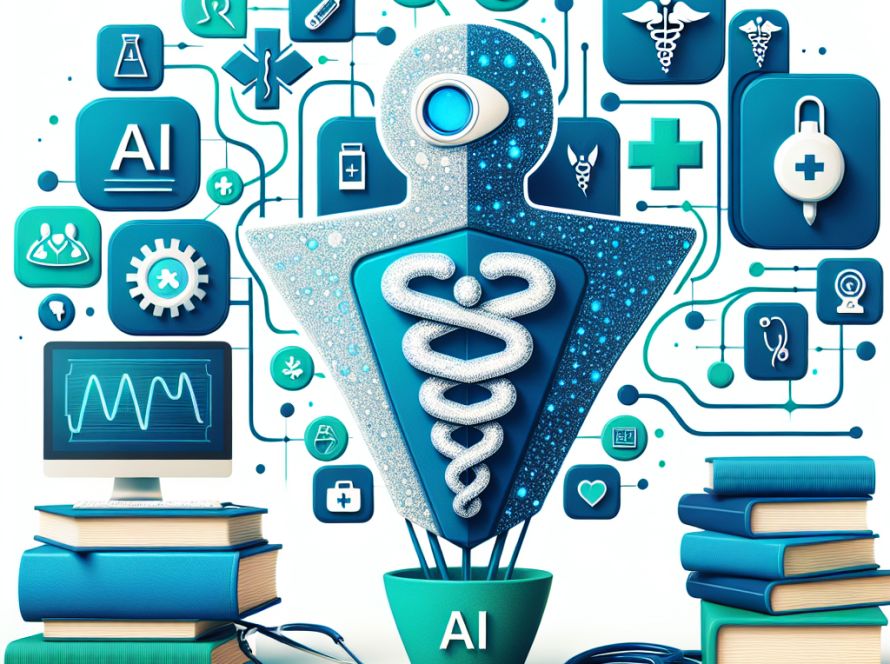Generative Pre-trained Transformers (GPT) have significantly transformed the gaming industry, from game development to gameplay experiences. This is according to a comprehensive review that draws from 55 research articles published between 2020 and 2023, as well as other papers.
GPT’s application in Procedural Content Generation (PCG) allows for increased creativity and efficiency in game development. For instance, GPT models can generate complex narratives that adapt to player decisions, creating personalised experiences. They also aid in the creation of thematic quests that contribute to the game’s narrative depth. Similarly, GPT uses player data to adjust game environment elements and difficulty in level design.
In Mixed-Initiative Game Design (MIGD), GPT fuses AI-generated content with human creativity. It proposes innovative content that developers can refine and incorporate, improving both the gaming environment and narrative. GPT further enhances game design by speeding up the development process and increasing its quality.
Integrating GPT into gameplay mechanics has significantly improved the gaming experience. GPT models enrich gaming storytelling by responding to player actions with customised narrative elements and gameplay mechanics. They also adjust game dynamics based on real-time player feedback, enabling games to suit individual preferences.
In another feat, GPT can autonomously play games or alongside humans. In strategy games and Role-playing Game (RPGs), GPT serves as a competent player or a collaborator, offering sophisticated strategic insights. Also, GPT offers realistic scenarios during simulations which help in training and skill development.
Additionally, GPT proves useful in analysing player behaviour and feedback, assisting developers in improving game design. By examining large datasets, GPT extracts patterns and preferences that offer valuable insights for further development. Based on these insights, developers can adjust game mechanics and features to better meet player expectations.
The fusion of GPT with gaming is an industry milestone, with potential to change how games are designed, developed, and played. GPT’s capabilities promise to automate and improve various areas in gaming, creating immersive, personalised and engaging games.
GPT’s automated content creation has proven to be a game-changer, allowing developers to focus on complex and creative aspects of game design, thus speeding up development and reducing costs. With real-time interaction, GPT enhances gaming experience by adjusting elements and narratives to suit player actions, ensuring unique and personalised gameplay.
As a competent player or adversary in strategy games and RPGs, GPT takes gaming to a new level by challenging players and helping them develop skills for competitive environments. In addition to all these benefits, GPT provides information on player behaviours and preferences through data analysis, a crucial resource for developers looking to improve gaming based on user expectations.


